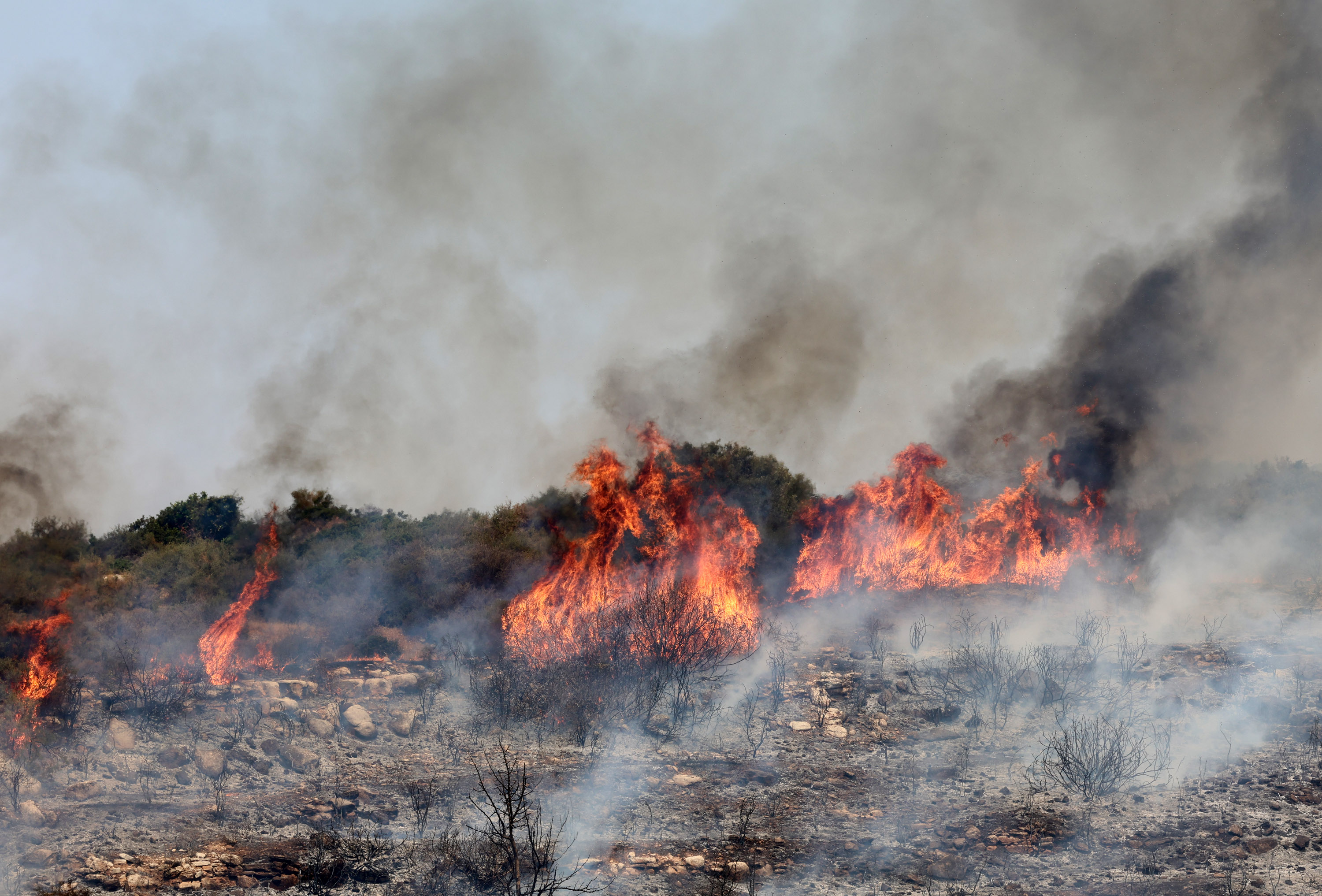Our wildfire management has been reactive, not proactive
By Steve Lemeshko
On the night of July 23, I stood outside in Limassol, watching ash drift from the sky. It was hard to imagine the chaos unfolding up towards the Troodos mountains. This was the largest ever recorded fire in Cyprus, but we were unprepared for it. We should have seen the crisis coming.
We know the island is becoming hotter and drier because of climate change. We also know our forests have accumulated decades of fuel – deadwood, underbrush and litter – waiting for a spark. These conditions created a perfect storm, and the result was catastrophic: whole villages in flames, two lives lost in a trapped car and dozens injured.
The forestry department’s outdated fire practices bear at least part of the blame. For decades, fire has been removed from our ecosystems entirely, and suppression has been the default answer, rather than learning how to live with fire. This disaster should be a wake-up call.
Our wildfire management has been reactive, not proactive. We lack meaningful efforts to tackle either the root causes or to prepare for inevitable fires.
The root causes. Fires need three things: fuel, oxygen and heat. We cannot control oxygen or heat, especially in an era of climate change, but we can manage fuel. Right now, our forests are overloaded with it. The best approach is a combination of thinning (removing excess vegetation and deadwood) and prescribed burns, carried out in controlled conditions during cooler, wetter seasons. Mediterranean ecosystems are adapted to low- and medium-intensity fires, and these techniques actually rejuvenate forests. The forestry department only began experimenting with prescribed burns in March 2025, but it is far from a full-scale, integrated programme.
The effects. Even with reduced fuel, fires will happen, and we must learn to live with them, especially in the wildland-urban interface area, where human development meets natural landscapes. That means building fire-wise communities: homes designed and landscaped to resist fire, official evacuation plans, reliable emergency alert systems, and a public that knows how to respond.
Bridging the science-policy gap
The science is clear: fuel management and fire-adapted communities save lives and reduce disaster impacts. But knowing this is not enough. Cyprus faces a communication gap between scientists, policymakers and the public.
This Troodos fire is not just an isolated event. It is part of a broader pattern. If we continue treating fire only as a disaster to suppress rather than a natural force to coexist with, these tragedies will repeat. The choice is ours: keep reacting or start preparing.
Steve Lemeshko is a BS/JD student, at the University of Idaho in the western US, a fire-prone region where much wildfire research originates






Click here to change your cookie preferences